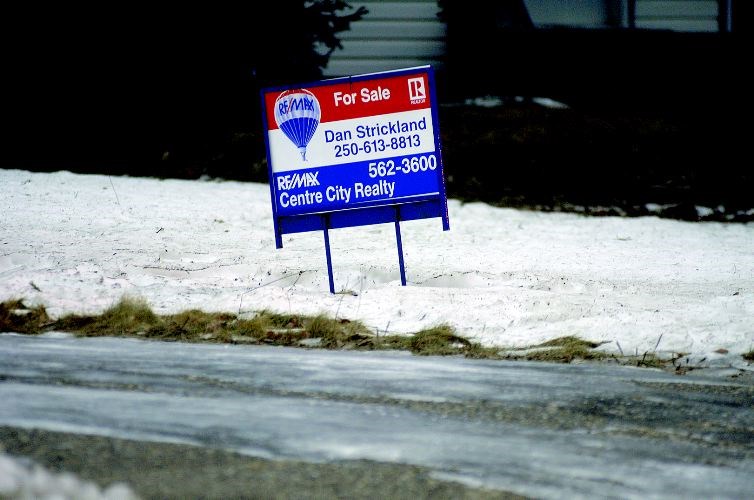In advance of new housing regulations due to take effect in March, local real estate agents are blasting new provincial regulations that ban limited dual agency.
The regulations, part of several new rules established by the B.C. Office of the Superintendent of Real Estate to govern real estate transactions, will take effect on March 15. But members of the B.C. Northern Real Estate Board say the dual agency restrictions will place an unfair burden on agents in smaller communities.
Dual agency involves a real estate agent representing both a buyer and seller in the same deal. Once the new regulations come into place, B.C. will become the first province to prohibit the practice. The regulations came about as a result of recommendations made by an Independent Advisory Group on Real Estate Regulations in B.C. in June 2016. This group was established to examine problems related to the real estate industry, particularly within the red hot housing market in the Lower Mainland. Much of the regulation was spurred on by a series of media stories about practices such as 'shadow flipping,' which involved the practice of reselling of properties several times before the close of a deal and profiting from each transfer.
But John Evans, president of BCNREB, said the dual agency regulations are unduly harsh for real estate agents in the north. He believes that in smaller markets, the regulations will mean fewer options for consumers.
"In a community like Prince George, that may not be a big deal, they may know five or six other realtors, they'll just move down the list," Evans said.
"In smaller communities with three or four realtors, that's an issue."
Evans, who is based in Prince Rupert, said that in the real estate market, representing both buyers and sellers in a transaction is not necessarily a conflict of interest. In many cases, he said, it may allow agents to provide consumers with the best deal based on their preferences.
"It's ludicrous because that person has chosen me to represent them and I have to send them off to somebody else because I may have implied knowledge about this buyer. So in both cases, both the buyer and the seller who have chosen me to represent them, they have to be referred to somebody else who they may or may not want to work with," Evans said.
The dual agency restrictions will allow for some exceptions for real estate agents in remote or rural communities, according to Mykle Ludvigsen, spokesperson for the Office of the Superintendent of Real Estate.
Ludvigsen said the exemptions would allow for dual agency in regions where enforcement of the regulation would be deemed impractical.
"In a situation where there just is no other option, the superintendent specifically instituted a rule that would allow for that," Ludvigsen said.
"Our expectation is there will not be a lot of those."
However, Evans believes that another effect of the regulations may be the consolidation of smaller real estate businesses into larger chains. The majority of the offices represented by the BCNREB are smaller operators, who may be at a competitive disadvantage.
"In our board area, I think we have 35 offices of less than seven people. These are small little mom and pop operations. That's what's concerning to us," Evans said.
Ludvigsen said the primary concern of regulators is consumer protection in the sometimes volatile housing market.
"From our perspective it was a protection issue. There are all sorts of inherent problems when you are representing both sides of the deal," Ludvigsen said.
"People are going to have to adapt in this industry."



